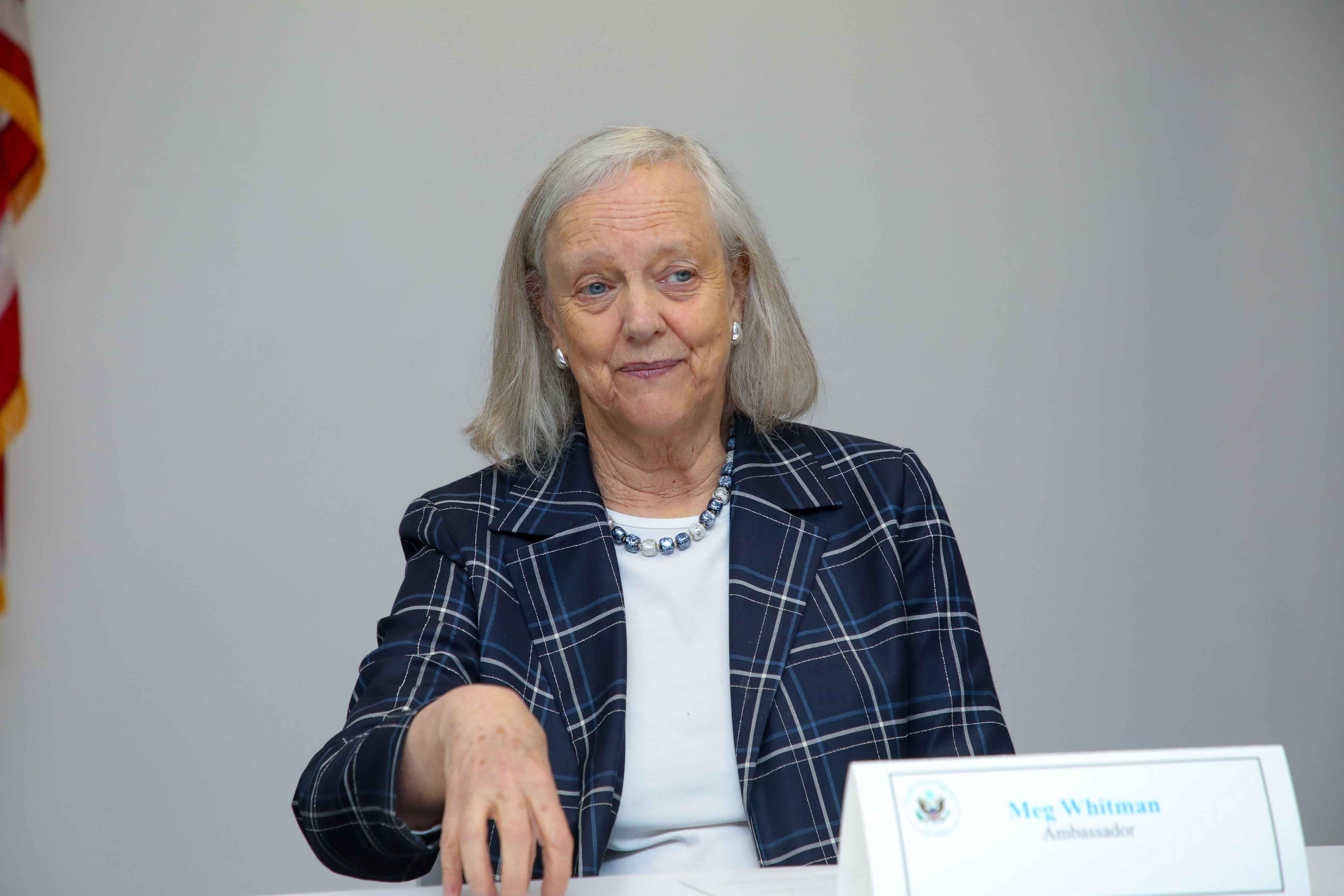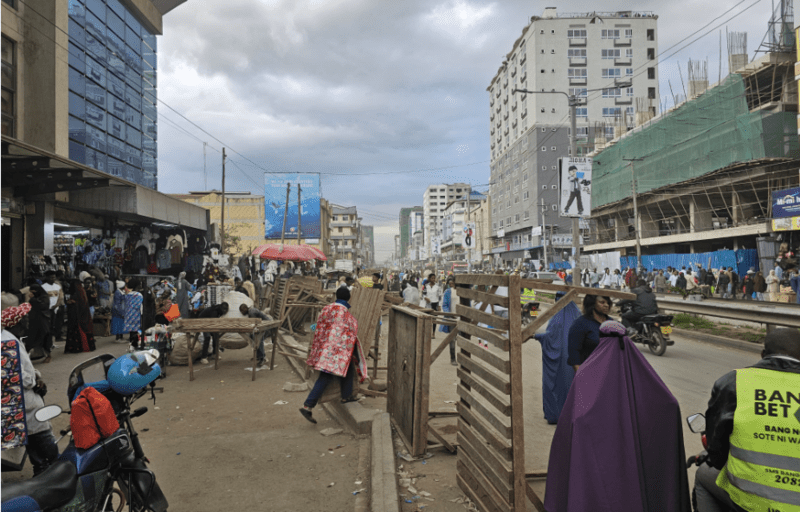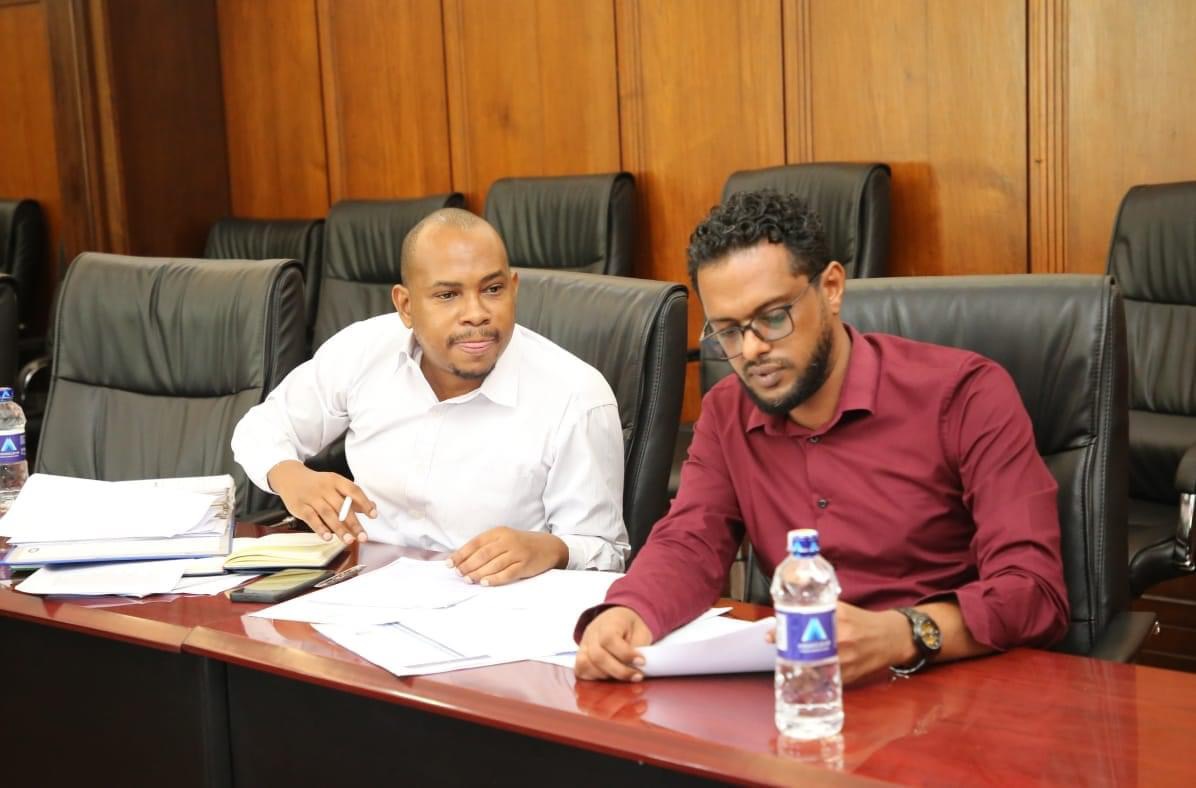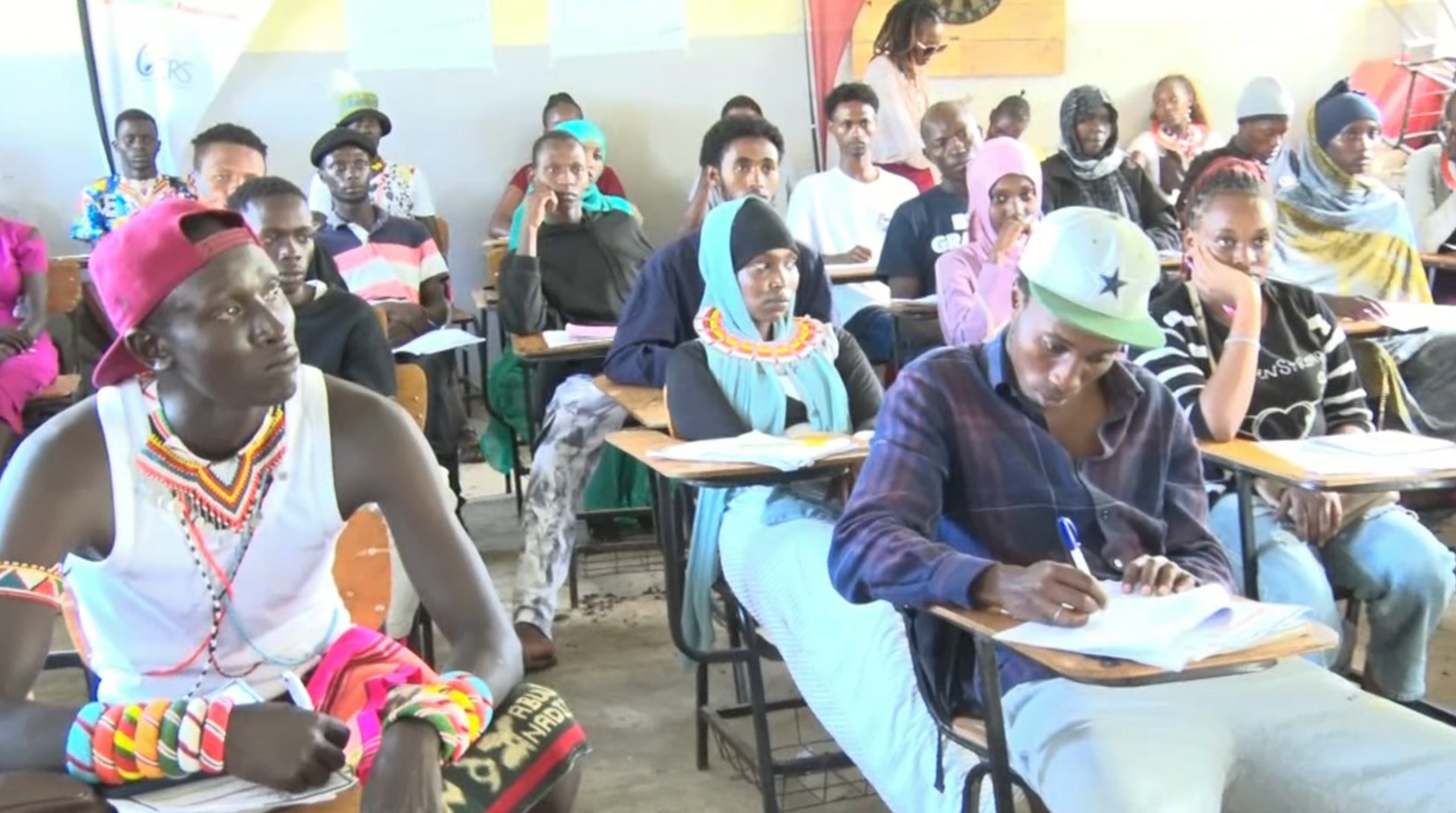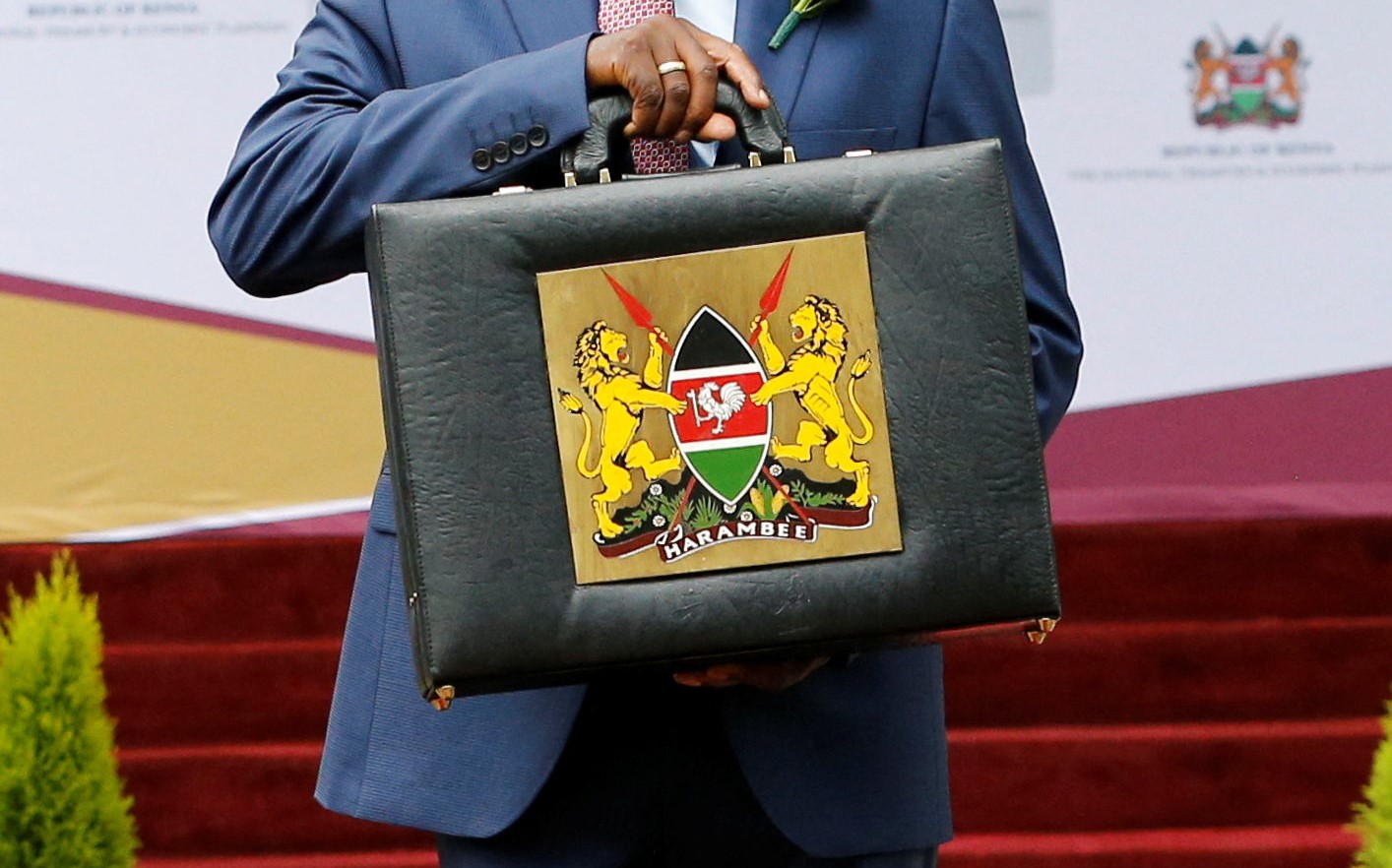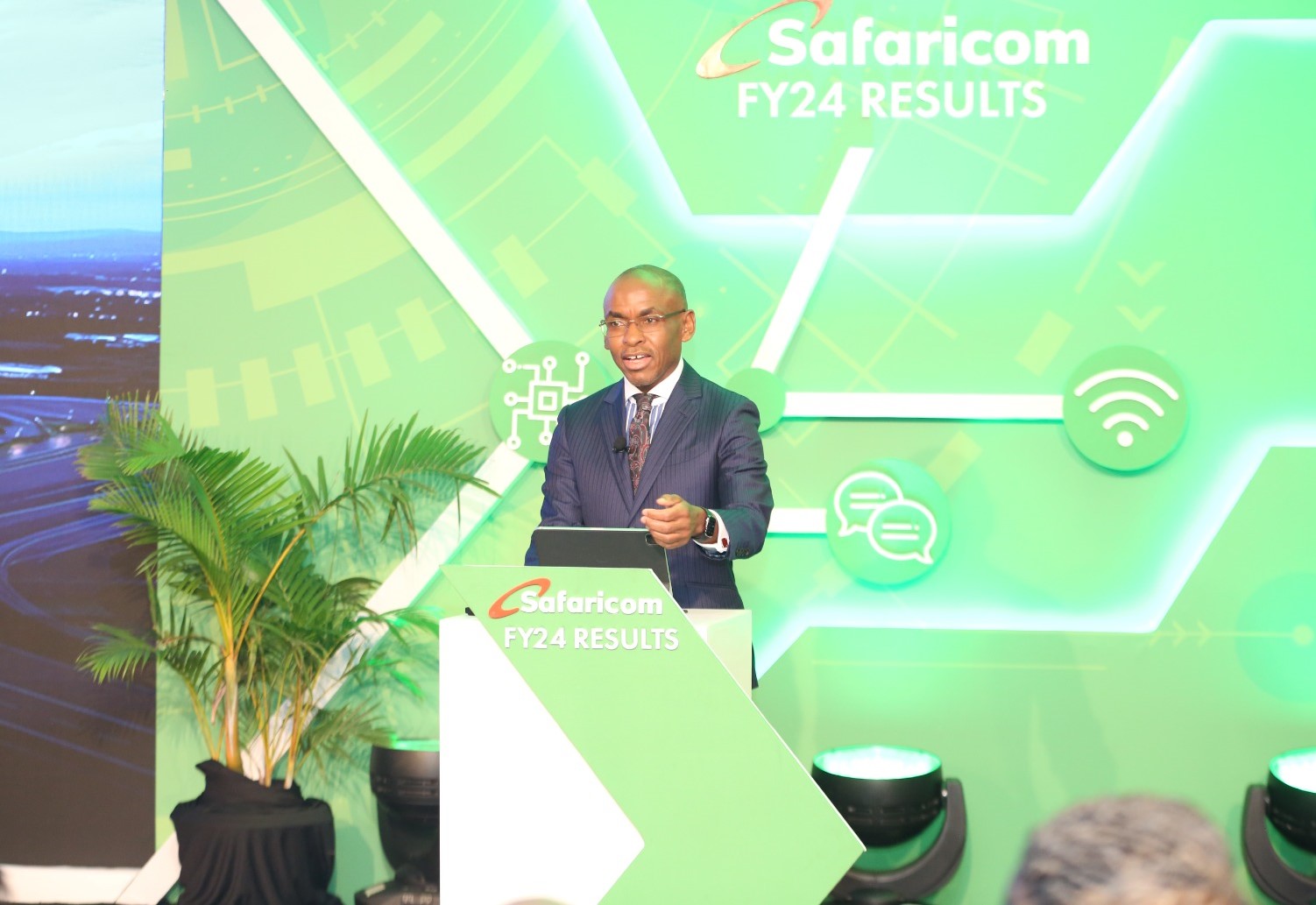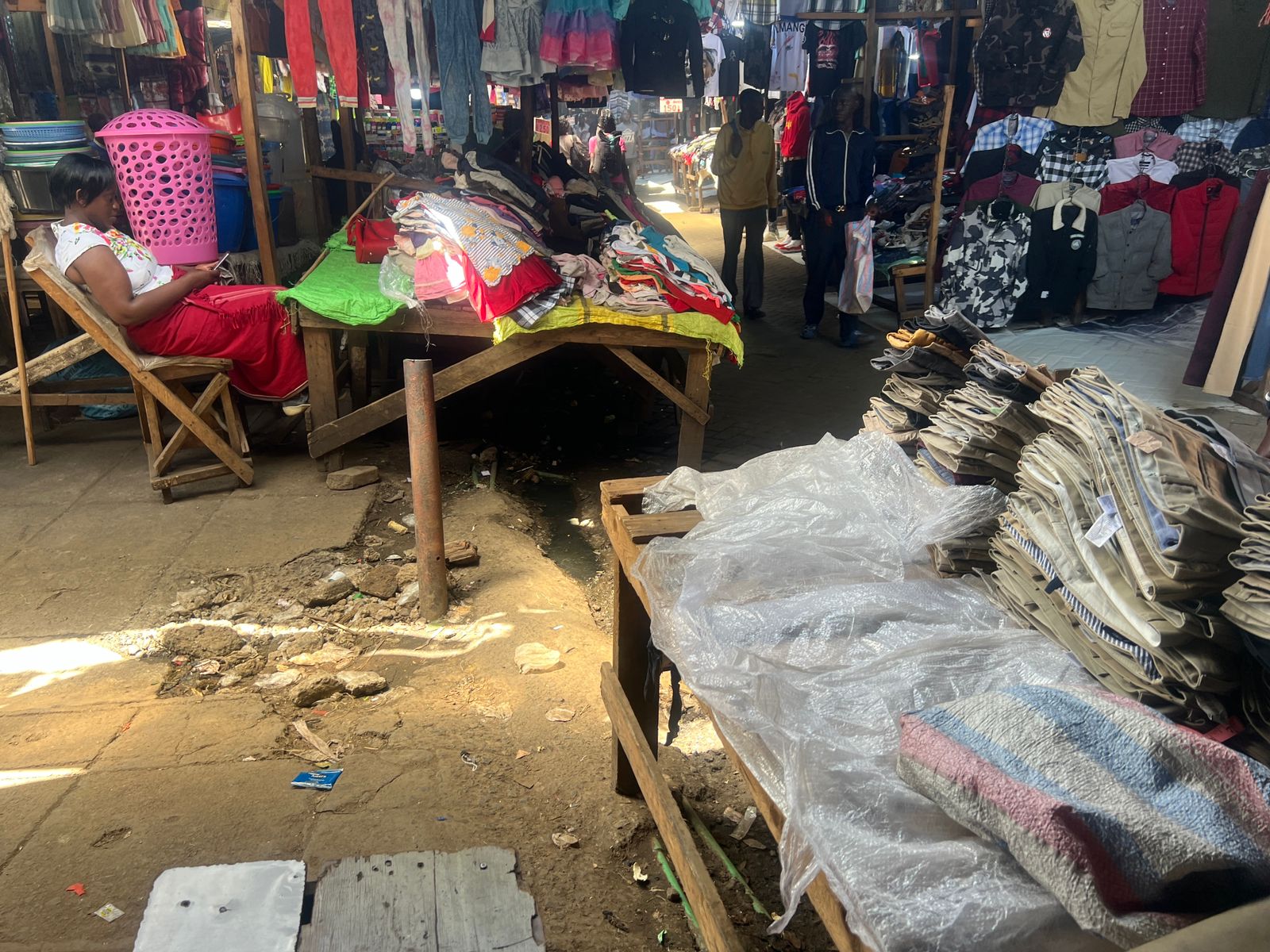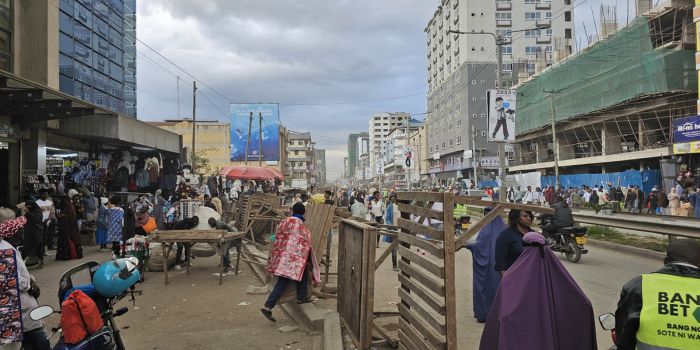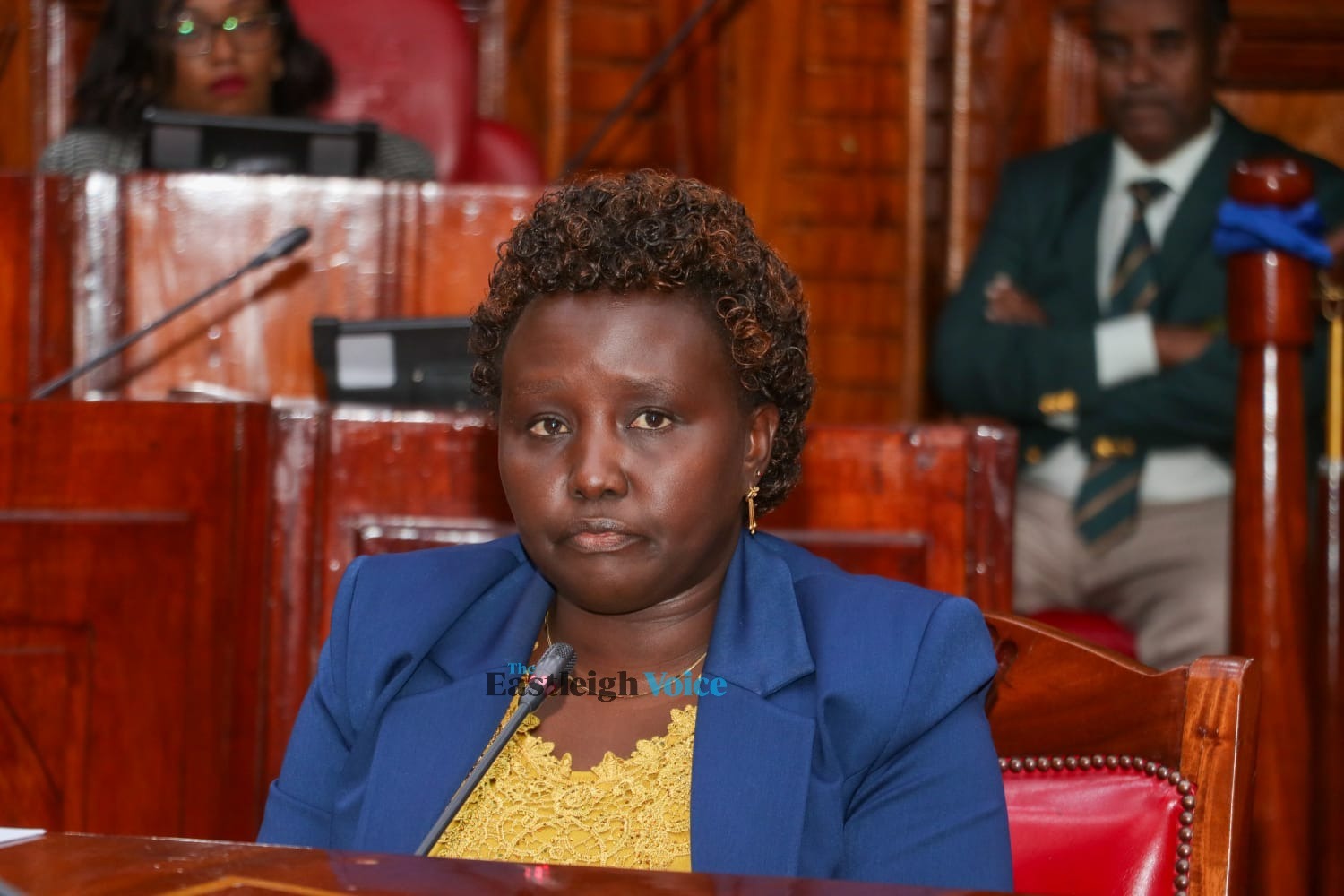Mathari hospital stretched yet understaffed, in need of Sh3.6bn, MPs told
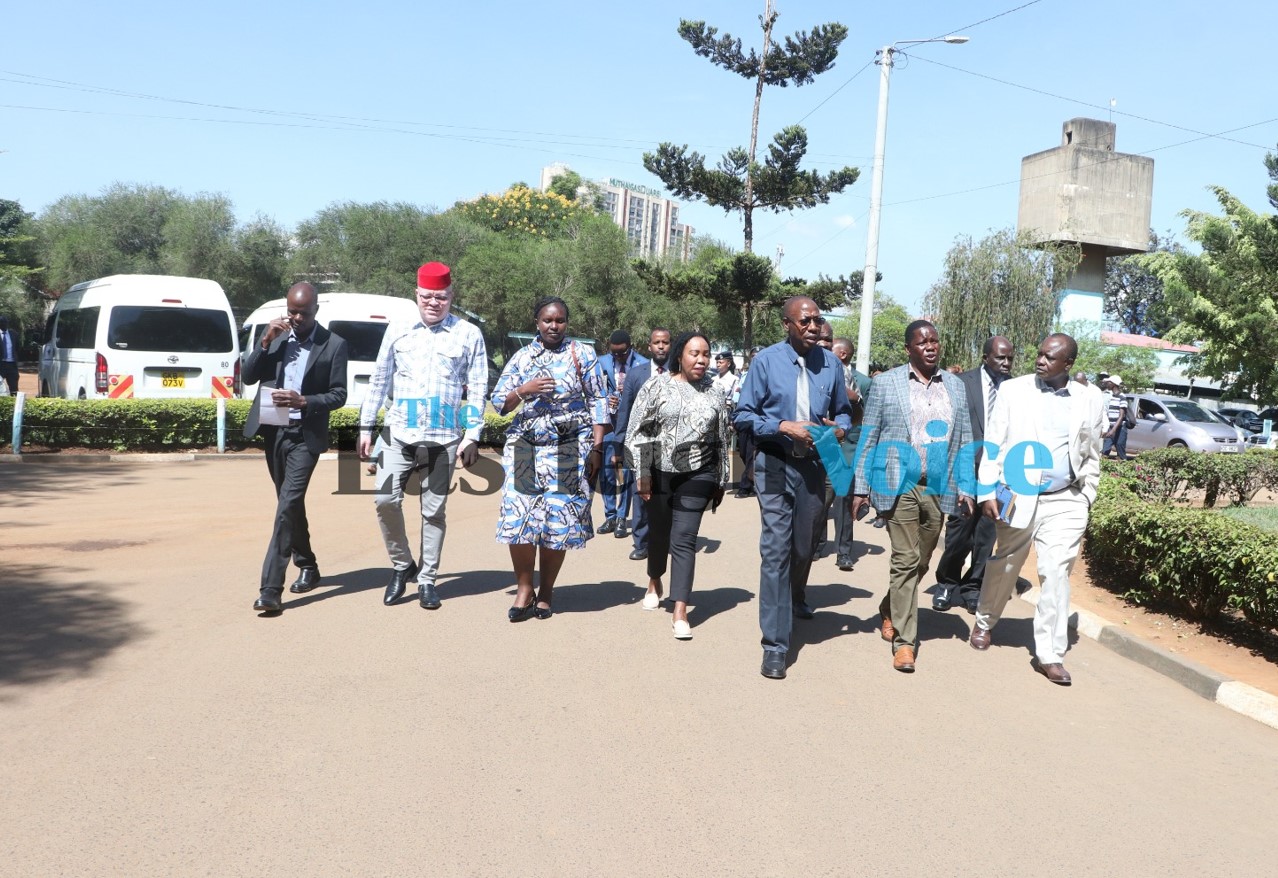
The hospital manages around 64,000 patients annually but challenges persist, including insufficient funding, policy implementation issues, and understaffing.
The Mathari National Teaching and Referral Hospital has only 366 of the recommended 1,416 staff, covering approximately 26 per cent of the needed workforce, yet it always operates at maximum capacity.
This came to light on Monday when the National Assembly Health Committee carried out an extensive assessment of the only public psychiatric hospital in Kenya. The team examined the state of facilities and the capability to handle mental health cases.
Head of Clinical Services Mercy Karanja told the parliamentarians that since they operate at maximum capacity, they provide extra mattresses to ensure every patient is accommodated as they discourage bed-sharing.
"The hospital manages around 64,000 patients annually. Daily bed occupancy fluctuates between 700 and 750. The hospital's initial bed capacity of 804 since establishment has decreased over time due to the conversion of wards to accommodate other essential services," Karaja said.
"Our patients do not share beds. We ensure there are mattresses to cater to the needs of the patients."
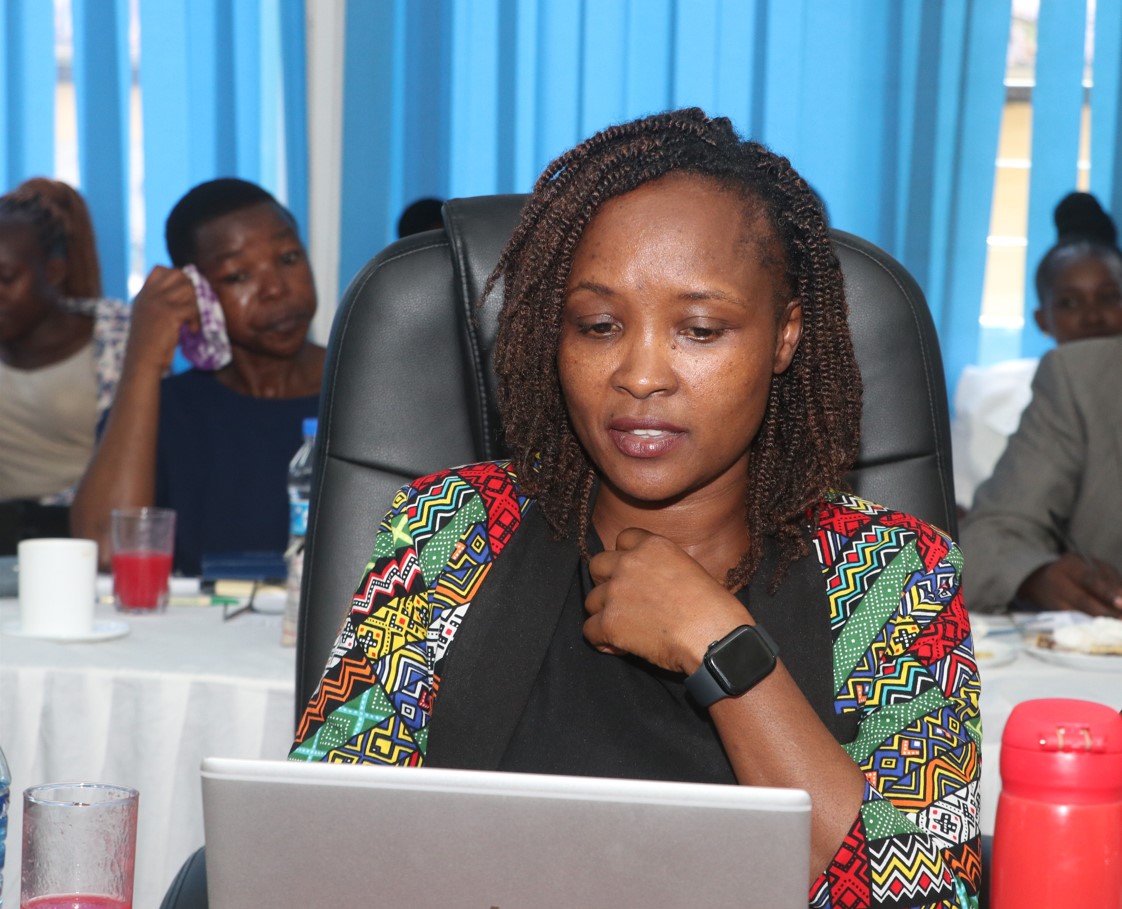 Mercy Karanja, the head of clinical services at Mathari National Teaching and Referral Hospital, addresses the National Assembly Health Committee during an inspection tour of the facility in Nairobi on March 4, 2024. (Photo: Justine Ondieki)
Mercy Karanja, the head of clinical services at Mathari National Teaching and Referral Hospital, addresses the National Assembly Health Committee during an inspection tour of the facility in Nairobi on March 4, 2024. (Photo: Justine Ondieki)Karanja also highlighted the lack of a dedicated ward for children and teenagers.
"Despite renovating one ward, it remains unused due to insufficient staffing and resources," she said.
Due to the reduced bed capacity, currently around 700 beds, and consistently high occupancy rates, the hospital opts for outpatient services to ease the burden.
Mathare has 13 wards - three for forensic cases and one for general psychiatric care, offering inpatient and outpatient services. Substance abuse remains a concern, with alcohol addiction being the most prevalent, followed by cannabis, khat, and other prescribed drugs.
Karanja also noted that the relapse rate in Mathare stands at 46 per cent, which is burdensome for both the hospital and families.
"When we discharge recovered patients to their families, many are readmitted. They often face stigma from the community, hindering their recovery."
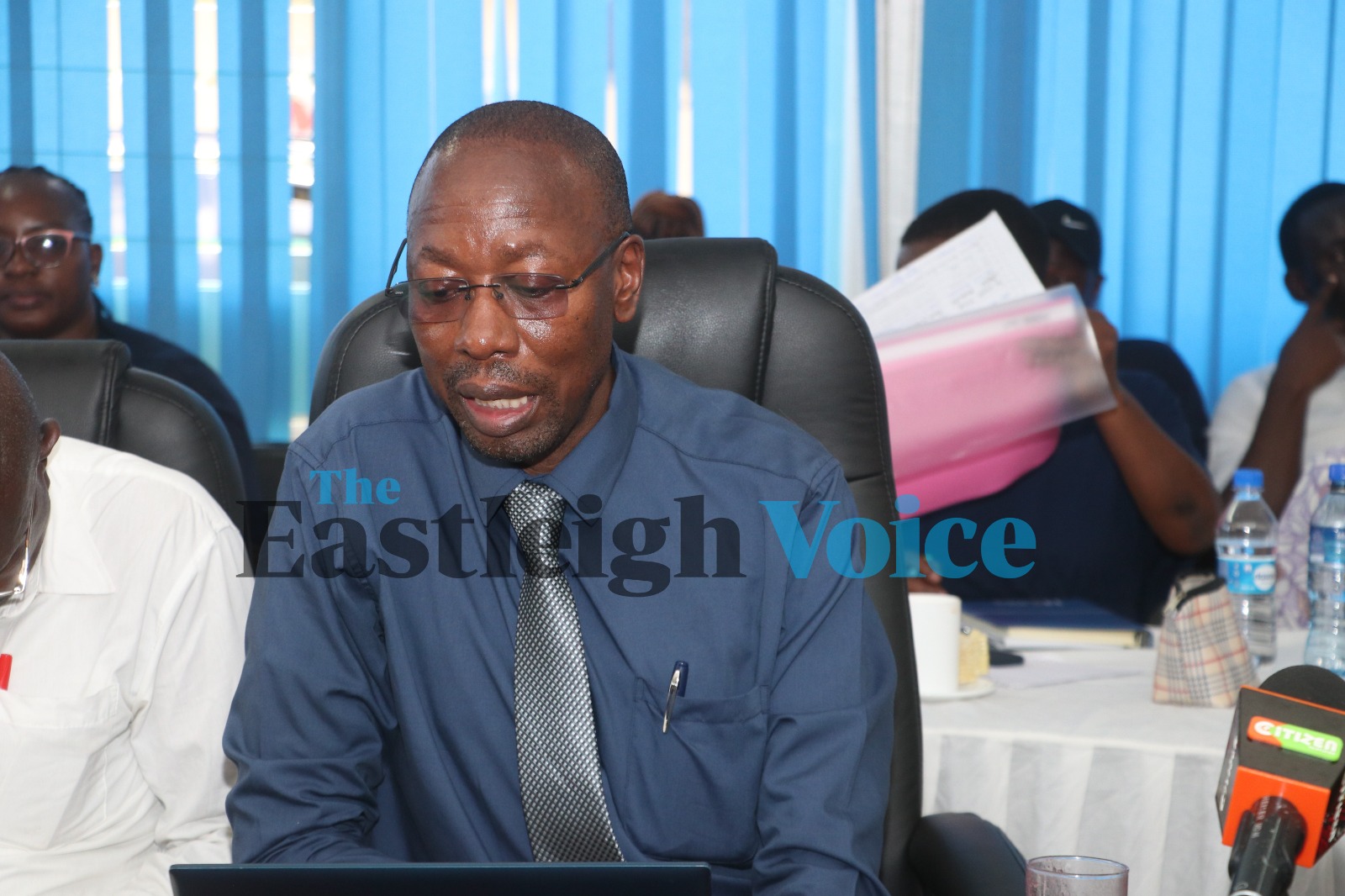 Mathari National Teaching and Referral Hospital CEO Julius Ogato addresses the National Assembly Health Committee during an inspection tour of the facility in Nairobi on March 4, 2024. (Photo: Justine Ondieki)
Mathari National Teaching and Referral Hospital CEO Julius Ogato addresses the National Assembly Health Committee during an inspection tour of the facility in Nairobi on March 4, 2024. (Photo: Justine Ondieki)Big budgetary need
Chief Executive Officer Julius Ogato noted that the hospital needs a huge budget to recruit enough staff and improve service delivery.
He cited recent improvements including the installation of a perimeter wall and renovations to female wards, toilets, kitchen facilities, and main hospital roads, as well as enhancements to the laundry area, but said challenges persist, including insufficient funding, policy implementation issues, and understaffing.
"The hospital requires approximately Sh3.6 billion in funding to recruit enough staff and enhance service quality. Additionally, the lack of mental health care facilities at lower-level hospitals leads to patients being referred to Mathare hospital from all over the country," he said.
The hospital also faces difficulties acquiring advanced medication and recruiting mental health professionals. Although it has started implementing WHO measures to improve patient care, increased funding, infrastructure upgrades, and staffing are necessary to fulfil its mandate fully.
 Mathari National Teaching and Referral Hospital CEO Julius Ogato and Endebess MP Robert Pukose, chairman of the National Assembly Health Committee, during an inspection tour of the facility in Nairobi on March 4, 2024. (Photo: Justine Ondieki)
Mathari National Teaching and Referral Hospital CEO Julius Ogato and Endebess MP Robert Pukose, chairman of the National Assembly Health Committee, during an inspection tour of the facility in Nairobi on March 4, 2024. (Photo: Justine Ondieki)Regarding the patient relapse issue, the CEO added that between 200 and 250 families have abandoned patients after recovery, despite having their medical bills waived.
"Some of our staff have been chased away when trying to reconnect patients with their families, which significantly contributes to the hospital's full capacity," he said.
Ogato also touched on the matter of suicide, suggesting that the government reconsider amending its criminalisation.
"Suicidal thoughts are a mental health issue and should not be treated as a criminal offence. Victims should have access to proper mental health care," he said, noting that patient victimisation by placing them under police custody only worsens the issue.
Section 226 of the Penal Code says that attempted suicide is a misdemeanour punishable by two years imprisonment or a fine, or both.
The chief executive also said that prisoners serving their sentences at Mathare contribute to its congestion.
The committee made several recommendations, including allocating a separate budget, staggering the proposed Sh3.6 billion to address urgent needs, and hiring staff based on necessity.
Top Topics This Week
Sudan Conflict
Sudan war
Sudan Crisis
sudan humanitarian crisis
Ogiek community
marginalised communities
Watta community
ICJ
International Court of Justice
ICJ palestine hearings
namibia vs israel case ICJ
south africa case against israel
israel ICJ case
Filmmakers
film industry
Sudanese filmmakers
Sudanese short films
Eastleighwood
Kuppet
Teachers Service Commission (TSC)
Trending

Garissa set to host Northern Frontier's first industrial park as state releases funding
Barack Oduor
|
2 days ago

Mombasa and Embu counties agree to regulate sale of muguka and miraa to minors
Farhiya Hussein
|
22 hours ago

Learners report back to school across the country after floods delay
Eastleigh Voice Team
|
3 days ago

Floods bring blessing for youth harvesting metals from Nairobi River for resale
Abdirahman Khalif
|
1 week ago
EGYPT-UN-PALESTINIAN-ISRAEL-CONFLICT-BORDER-AID
Dennis Tarus
|
6 months ago



